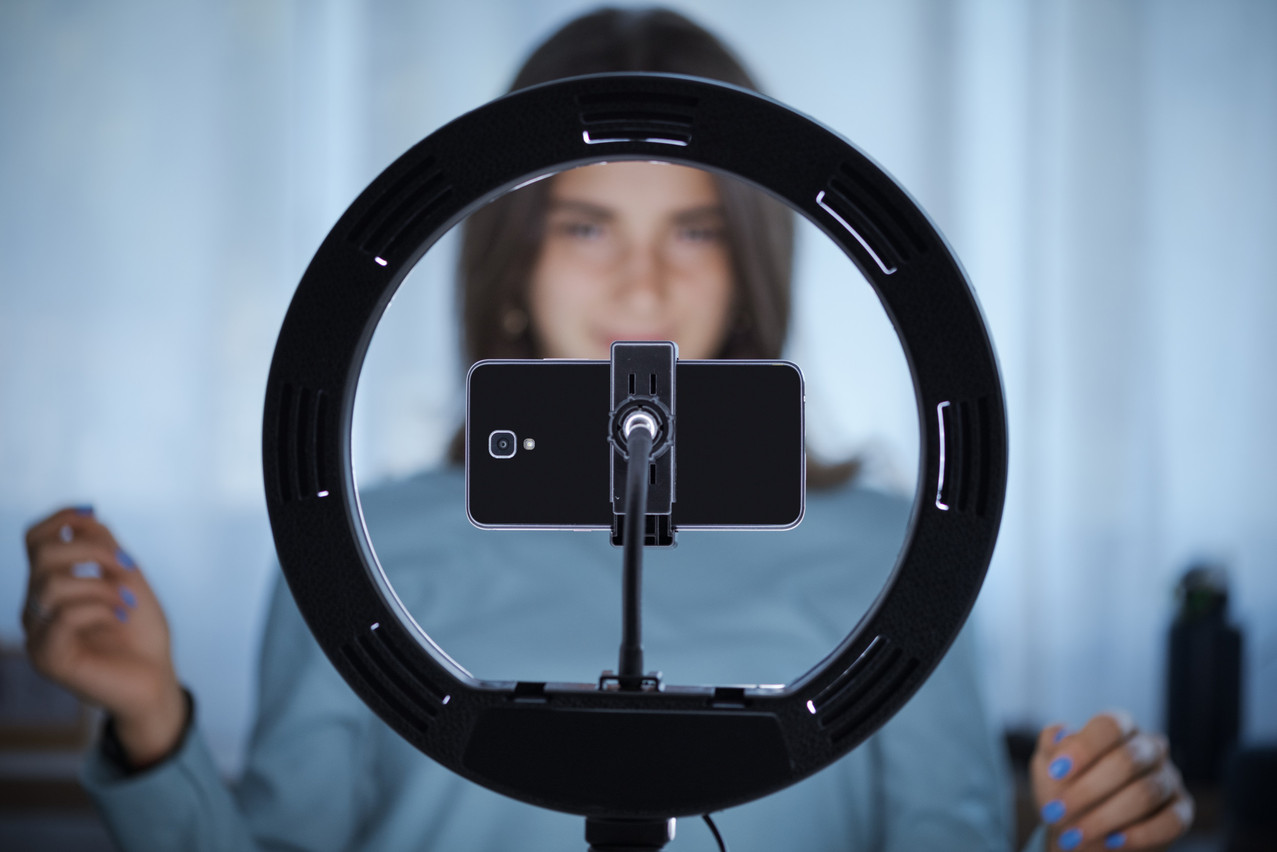The Digital Services Act, which calls for greater reliability and security on the internet, took effect on 17 February. Days earlier, on 14 February, the European Commission released a report on 576 influencers from 22 EU member states (including Luxembourg) as well as Norway and Iceland. The report states that that 62% of them are not in compliance with the rules: under the DSA, influencers will be required to declare whether their content contains commercial messaging and to provide traceability information.
The influencers assessed by the EC mainly use Instagram, with significant chunks on Tiktok, Youtube and Facebook as well. Some 82 of them have more over 1m followers; 301 have over 100,000; and 73 have over 5,000. They are mainly active in the sectors of fashion, lifestyle, beauty, food, travel and sports.
Of the influencers studied in the EC report, 62% (358) do not respect the rules properly.
One in five (119) of them promote products or activities classified as potentially dangerous, including alcohol, gambling, crypto products, junk food and cosmetic/medical treatments.
Over two-thirds (78%) engage in commercial activities, but fewer than half have declared doing so to the national authorities in their country.
Over a third of them don’t explicitly demarcate their promotional content and declare their paid partnerships with brands. Instead, they use terms like “collaboration," “partnership,” or a simple “thanks” to signal their relationship with the company paying them.
Finally, 40% of influencers (231) use their accounts to sell their own products or services. Of these, more than half are not consistently transparent on the subject.
Not all of the influencers flaunt the rules, however. As many as 40% of them have clearly indicated the presence of a paid partnership to their audience. The DSA will oblige platforms to be proactive and to take specific measures by removing non-compliant posts.
In Luxembourg, the grand-ducal regulation of 5 April 2001 lays down rules on sponsorship and product placement and explains that viewers must be clearly informed of the existence of the latter. The Luxembourg Independent Audiovisual Authority (Alia) is responsible for contacting certain influencers and vloggers on a case-by-case basis to report breaches of the rules.
For the time being, there are no statistics specific to Luxembourg, due to a lack of resources. The current policy is furthermore outdated, according to Alia president Thierry Hoscheit. He explains that “the rules on commercial communications in Luxembourg reproduce almost word for word a European directive that focuses solely on TV. The rules need to be reviewed and brought up to date, particularly with the internet.” Whether or not they will be more restrictive is a matter for the government, which has announced a reform of the media law.
While Luxembourg was unable to launch an awareness campaign on this subject in 2023, the European Commission has made the “Influencer Legal Hub” available to influencers and others, offering practical information on EU law and how to comply with it.
This article in Paperjam. It has been translated and edited for Delano.
